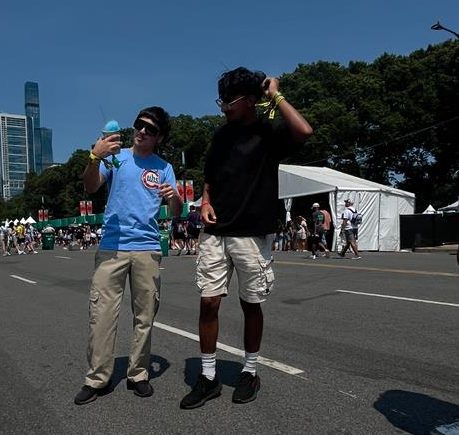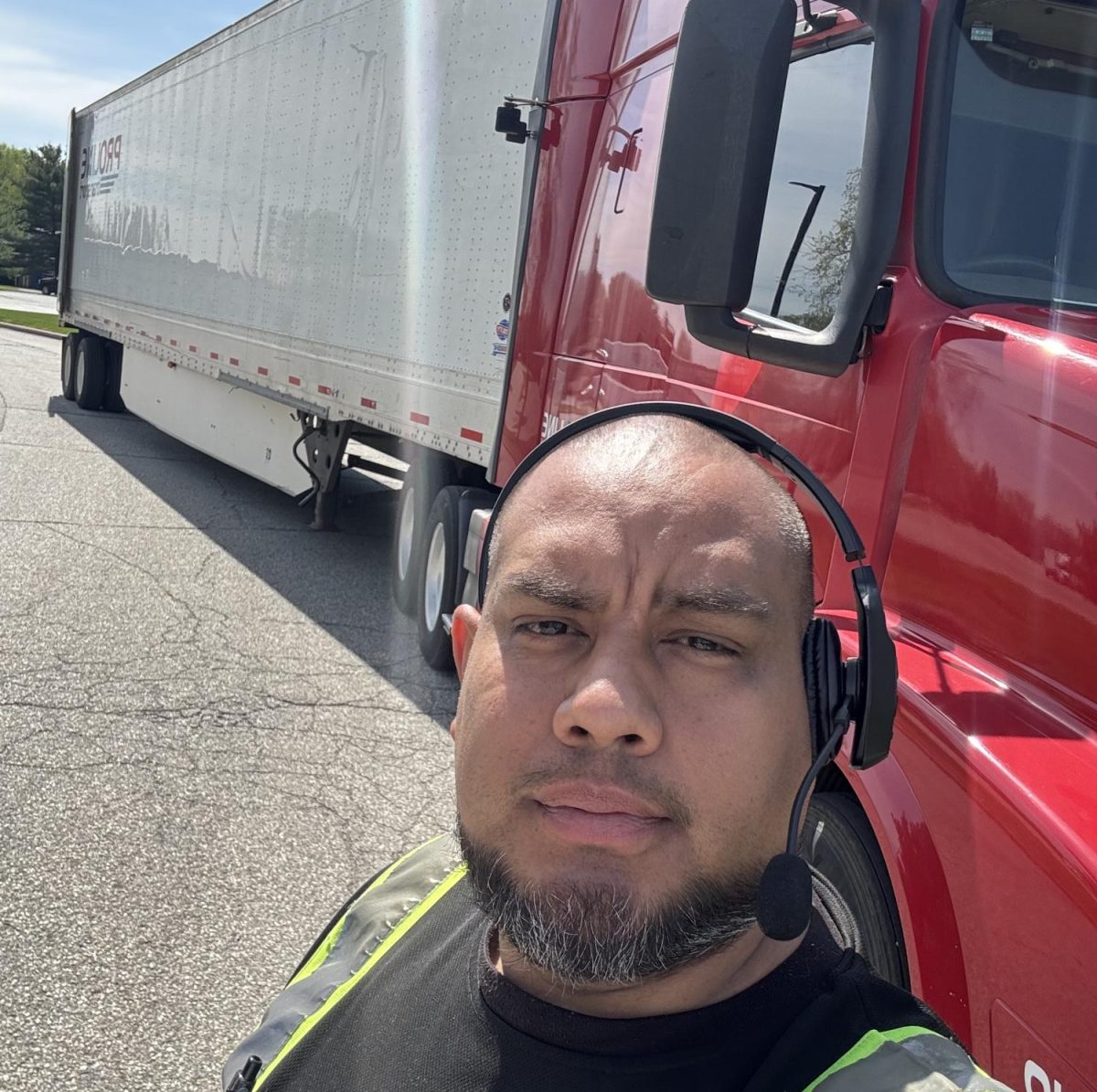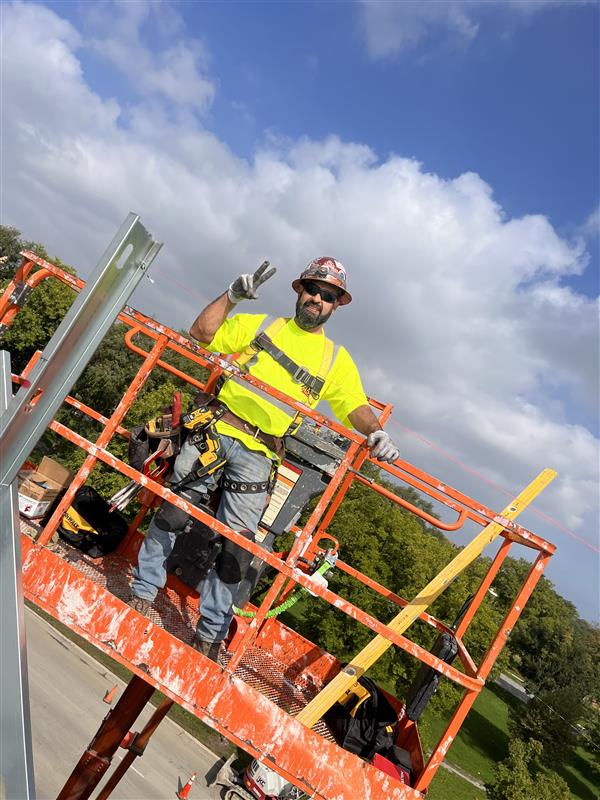What do you really know about Thanksgiving? Did you know these interesting facts?
- Thanksgiving was originally celebrated in mid-October
- The first Thanksgiving was celebrated in 1621 over a three day harvest festival.
- Turkey wasn’t on the menu at the first Thanksgiving.
- Abraham Lincoln proclaimed Thanksgiving a national holiday on October 3, 1863.
- There’s a butterball Turkey Hotline for all your turkey questions and concerns. (call 1-800-BUTTERBALL or text 844-877-3456)
How many of you know the actual history about Thanksgiving? Here’s the real story — based on a journal that pilgrim William Bradford kept through the entire sequence of events, called “Of Plymouth Plantation.” (We’ve paraphrased and summarized his report.)
When the Pilgrims left England on boat to flee away from religious persecution, they eventually“fell to land” and gave thanks to God for getting them to Cape Cop (Massachusetts) on November 11, 1620. (Note to reader: the journey took 66 days and only 1 person (William Button) of the 102 people died on the way. Interestingly, William Bradford’s wife, Dorothy Bradford, fell off the ship and died in “calm waters” when they got to Cape Cod. Some sources say she jumped!)
After arriving at Cape Cod, the Pilgrims ran into the Indians who “Gave them no great greetings” and wanted to attack them.
Later, the Pilgrims stole food from the Indians – and they thanked God for giving it to them.
In January and February, half of the 100 new arrival pilgrims died of starvation and disease— leaving only 50 alive. (At one point there were only six healthy pilgrims tending to the others that were sick.)
Afterwards, the Pilgrims made a treaty with the Indians utilizing a new-famous Indian translator, Squanto. No longer enemies, the Indians showed the Pilgrims how and what to grow—and how to hunt and fish. Then, that next harvest, the first Thanksgiving feast happened.
Now, here’s the down low from one of our history teachers, Ms. Marlo Rohde.
“The pilgrims arrived in 1620 in Plymouth, Massachusetts. They lacked farming skills, hunting knowledge, and understanding of local food sources. Native Americans helped them temporarily, aiming for mutual support against another tribe. This alliance was brief, despite the Indians’ tradition of a harvest festival. In 1621, they invited pilgrims to this feast featuring turkey, duck, fish, corn, and crops. However, in 1623-1624, the settlers turned against the Indians in war, ending the short-lived peace,” US history teacher Ms. Marlo Rohde said.
But, that’s not the story that so many Americans are taught; it’s been “white-washed” to make us look good.
“Thanksgiving’s story was later romanticized in American history books. In the 1820s, there was a push to establish an American narrative akin to England’s history, emphasizing pilgrims as the original settlers. Thanksgiving was declared an official holiday during the Civil War to provide a sense of joy amid the country’s turmoil,” Ms. Rohde said.





